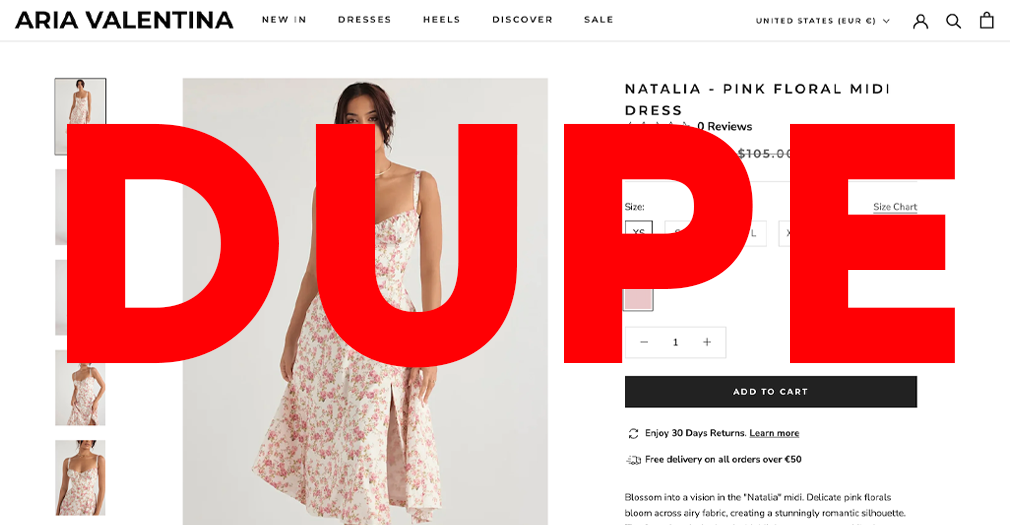
FTC Should Ban Individual Impersonation Scams
TINA.org submits comment in support of FTC’s proposal to ban fake celebrity endorsements, romance scams and other impersonation scams.
April 2014: The named plaintiff voluntarily dismissed this action. It was dismissed When a complaint is dismissed with prejudice, it cannot be refiled. as to the named plaintiff and When a complaint is dismissed without prejudice, an amended version of the complaint can be refiled. as to the class members. The reasons for the dismissal have not been disclosed.
July 2013: A class-action lawsuit was filed against Aveda Corp. over its Invati hair care product line, including Invati Exfoliating Shampoo, Invati Thickening Conditioner, and Invati Scalp Revitalizer, for allegedly falsely advertising it as a clinically proven “system” that “reduces hair loss” and is a “solution for thinning hair” when such claims are not true. (Berger et al. v. Aveda Corp., Case No. 13-cv-05074, C. D. CA.)
TINA.org submits comment in support of FTC’s proposal to ban fake celebrity endorsements, romance scams and other impersonation scams.
Looks can be deceiving.
Eric Lagatta, USA Today
Following a complaint by ad watchdog truthinadvertising.org (TINA.org), Pottery Barn’s parent company Williams-Sonoma has agreed to pay more than $3 million for violating a 2020 FTC consent order requiring that…
FTC says civil penalty against Williams-Sonoma is “the largest ever in a Made in USA case.”


